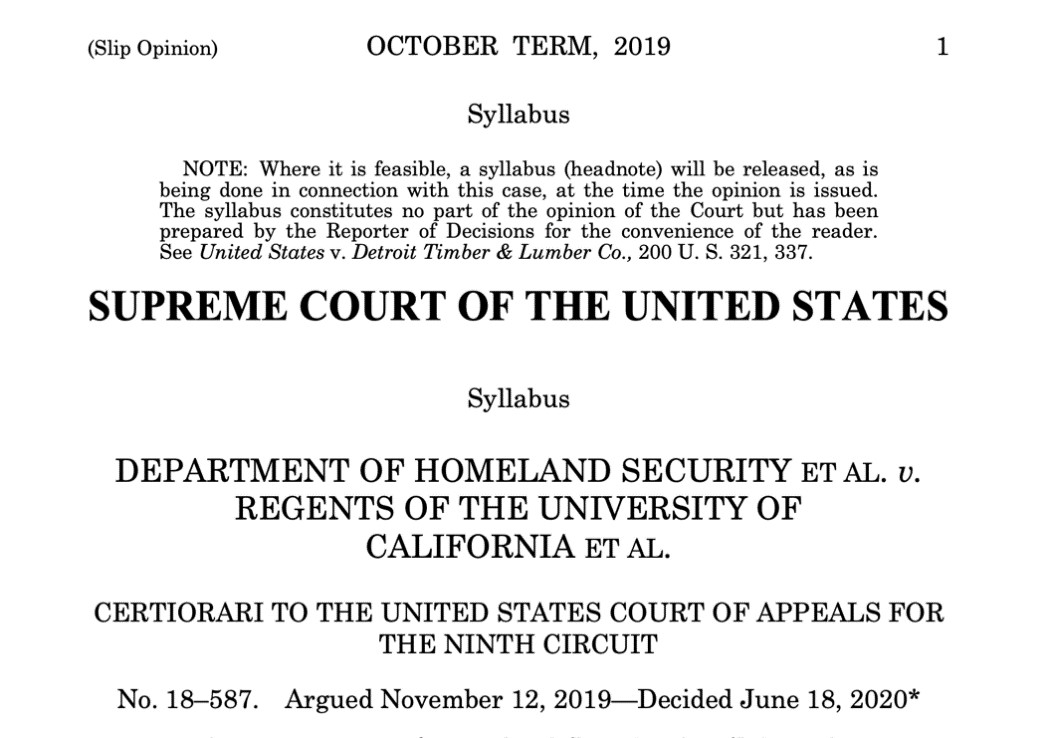Safeguarding Rights: Exploring European Human Rights Laws
In the diverse tapestry of Europe, Human Rights Laws form a foundational framework, setting the stage for the protection and promotion of fundamental freedoms across the continent. Delving into the nuances of European Human Rights Laws unveils a comprehensive system designed to uphold the dignity and rights of individuals.
Origins and Foundations: A Historical Perspective
European Human Rights Laws trace their roots to the aftermath of World War II, where the atrocities committed underscored the need for an international commitment to safeguarding human rights. The European Convention on Human Rights (ECHR), adopted in 1950, stands as a cornerstone document, providing a set of rights and freedoms that member states are bound to respect.
The European Court of Human Rights: Guardian of Rights
At the heart of the European Human Rights system is the European Court of Human Rights (ECtHR). Situated in Strasbourg, France, the court serves as a guardian, adjudicating cases brought by individuals and states alleging violations of the rights enshrined in the ECHR. Its judgments set precedents, shaping the interpretation and application of human rights laws across Europe.
Key Rights and Freedoms: A Comprehensive Catalog
European Human Rights Laws encompass a wide spectrum of rights and freedoms. From the right to life and liberty to freedom of expression, privacy, and fair trial, the catalog is extensive. These rights are designed to be universal, applying to all individuals within the jurisdiction of member states, fostering a culture of respect for human dignity.
Individual Petitions: Accessing Justice at the ECtHR
One distinctive feature of the European Human Rights system is the right of individuals to bring complaints directly to the ECtHR. This avenue allows individuals, after exhausting domestic remedies, to seek justice at the supranational level. The court’s decisions carry weight, influencing national legal systems and ensuring accountability for human rights violations.
State Obligations: Implementation of ECtHR Judgments
Member states are obligated to implement judgments handed down by the ECtHR. This principle of implementation underscores the commitment to upholding the rule of law and respecting human rights. States must take measures to rectify any violations identified by the court, demonstrating a dedication to continuous improvement in human rights protection.
Evolution and Adaptation: Protocol 15 to the ECHR
European Human Rights Laws are not static; they evolve to address emerging challenges and societal changes. Protocol 15 to the ECHR, adopted in 2020, introduces amendments aimed at increasing the efficiency of the ECtHR and refining its procedures. This adaptation reflects a commitment to an effective and responsive human rights protection mechanism.
Balancing Rights and Responsibilities: Margin of Appreciation
A concept integral to European Human Rights Laws is the “margin of appreciation.” This acknowledges that member states may have different cultural, historical, and social contexts, allowing them a degree of discretion in interpreting and applying human rights standards. Striking a balance between universality and respect for diversity, this concept enhances the adaptability of the human rights framework.
The Role of National Courts: Collaborative Enforcement
While the ECtHR plays a central role, national courts also contribute to the enforcement of European Human Rights Laws. Domestic judges are tasked with interpreting and applying rights under the ECHR, creating a collaborative system where national and supranational mechanisms work in tandem to protect and enforce human rights.
European Human Rights Laws Linking the Continent
In the intricate web of human rights protection, exploring European Human Rights Laws provides additional insights and resources. This comprehensive source offers a deeper understanding of the legal intricacies and evolving dynamics of human rights in Europe. As the continent navigates the complexities of the modern world, European Human Rights Laws stand as a beacon, guiding the way toward a Europe where fundamental freedoms are respected, protected, and celebrated.




